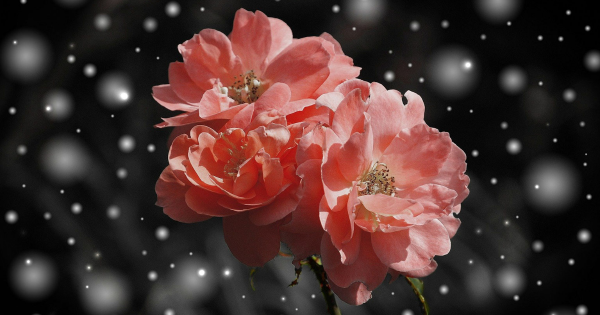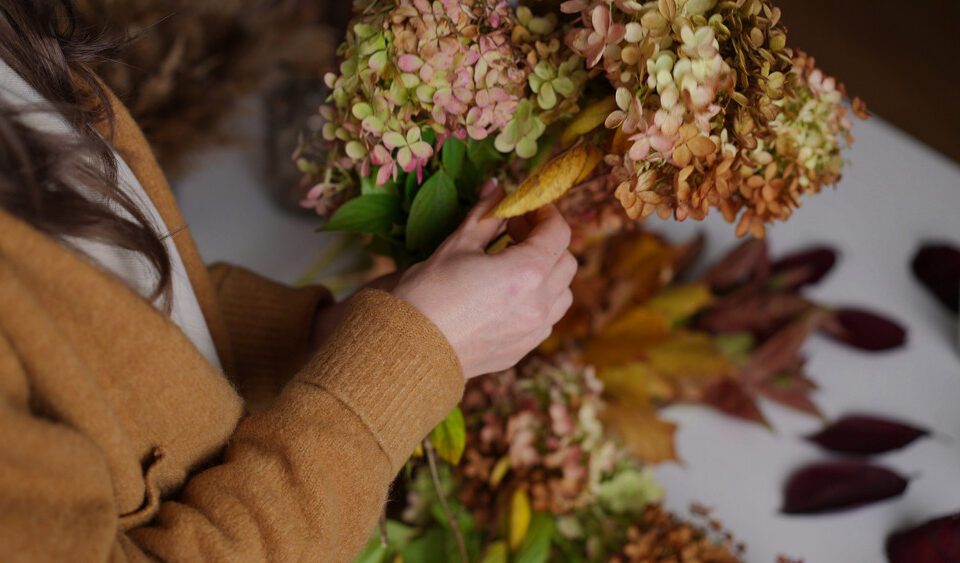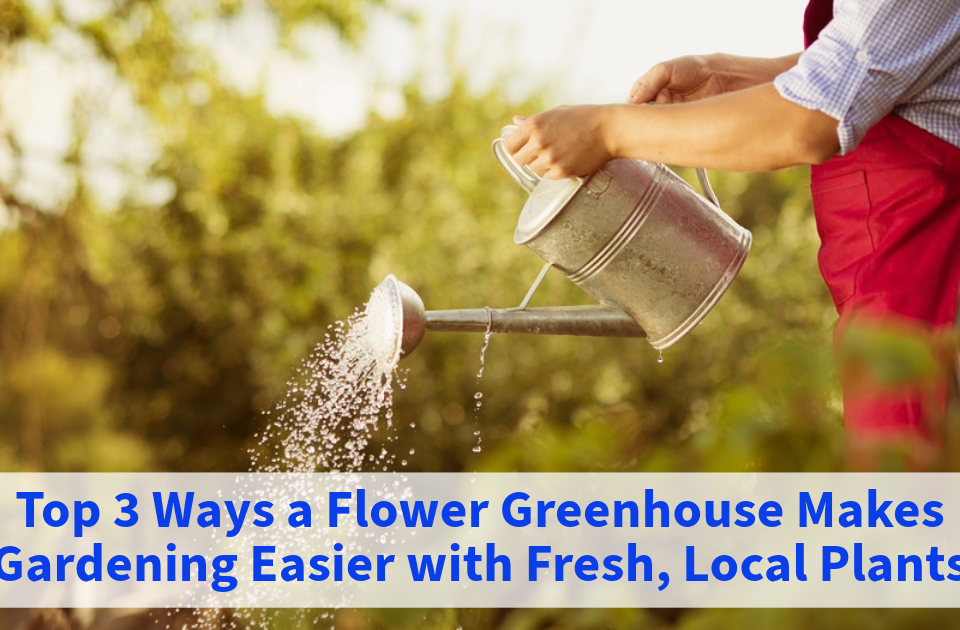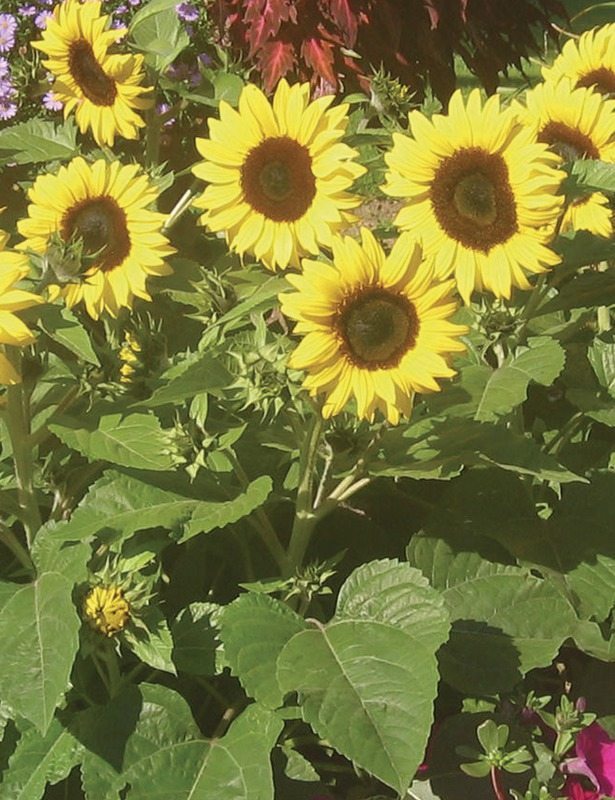
How to Pick the Perfect Plants for Gift-Giving
December 4, 2020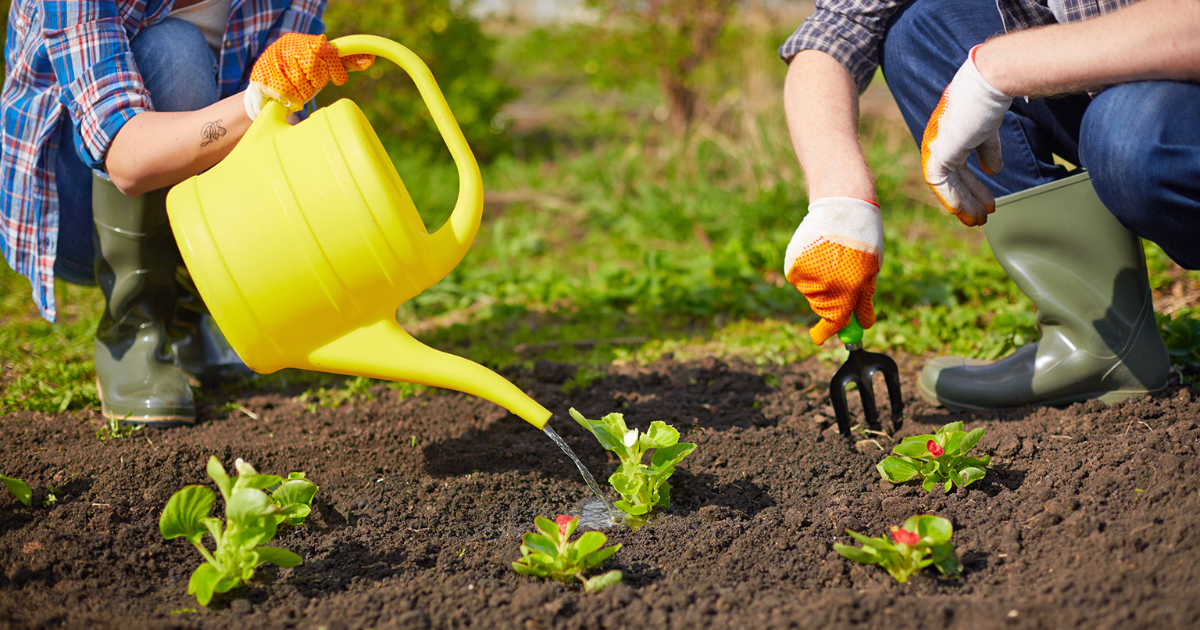
How Plants Improve Happiness
January 13, 2021Eight out of 10 households in America engage in some form of gardening, whether indoor or outdoor. Whether you’ve just come home from the greenhouse with your very first plant or you’ve gardened for most of your life, caring for plants over the winter can be a challenge. We all know plants need warmth, water, and sunlight to thrive. But what do you do when the weather’s cold, the water’s frozen, and the sun’s hidden behind the clouds?
Although winter plant care may be less obvious than summer cultivation, it’s no less simple. Here we’ll tell you exactly how to care for your plants over the winter.
Caring for Indoor Plants
As any greenhouse owner can tell you, there are many benefits to having plants indoors during the winter. But if you aren’t careful, you could find your potted friends struggling to survive the whole season.
The most obvious advice is to ensure your plants are getting enough light, but this tip is also easy to overlook. Days are shorter during the winter, so you have to take special care to make sure your plants are getting the sunlight that’s available. You should place your plants nearest the windows that let in the most light throughout the day. You should also clean off any dust that collects on the leaves so they can absorb light better.
Your home’s temperature is another important factor to watch during the winter. Houseplants often come from tropical regions, so if you tend to let the house become very cold while you’re at work, they might not be able to thrive. Temperatures between 55 and 85 degrees Fahrenheit are usually recommended, although it depends on the species of plant.
Caring for Outdoor Potted Plants
Caring for potted plants over the winter actually starts as early as when you first plant them. It’s important to have pots with drainage holes, filled with well-draining compost. Potted plants are exposed to significant moisture over the winter, and wet soil can starve a plant of oxygen.
Although fertilizer is usually good for plants, you should stop fertilizing potted plants by midsummer. This is because fertilization promotes new growth, and new growth is particularly vulnerable to frost. However, the plants should continue to be watered throughout the fall.
When the temperatures are finally starting to drop, you should place the pots onto pot feet, which elevate the containers a couple of inches off the ground. This provides air circulation and better drainage. Finally, perennials should be trimmed with garden pruners so that the remaining stems reach just four or five inches above the soil line. Last, you should place all your pots close together against one of the walls of your house, to help protect them against the wind and cold. Potted plants may not need a greenhouse to stay safe through the winter, but they could benefit from wrapping them all together in sheets of plastic packaging material.
Caring for a Garden During the Winter
Unless you have your own backyard greenhouse, you probably won’t be growing a garden over the winter. And most common garden plants aren’t perennials, so you’ll plant things like tomato plants anew every spring. But there are still things you should do with your garden to make it ready for planting in the spring.
First, you should clean up rotting and finished plants. Besides looking untidy, tangles of dead plants can harbor diseases and pests. Instead, they should be buried to add organic matter to your soil.
It’s also a great idea to add natural fertilizers to the soil before the winter. Manure, compost, bone meal, kelp, and rock phosphate are great soil amendments.
If you do have perennial flowers and other garden plants that last year-round, you should do some winter mulching before the weather gets too cold. While mulching in the summertime is usually done to keep weeds from growing, in the winter it’s done to keep the ground frozen over the season. This is because, although frozen ground won’t kill hardy plants, repeated freezing and thawing will. Even without perennials, mulching is a good idea because it helps keep your garden soil moist and healthy, preventing erosion.
Preparing plants for the winter involves some work, but it’ll be well worth it when new blooms arrive in the spring.


